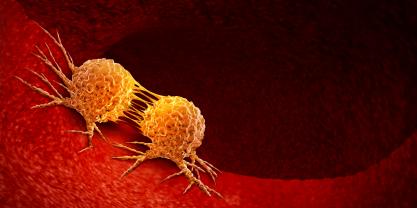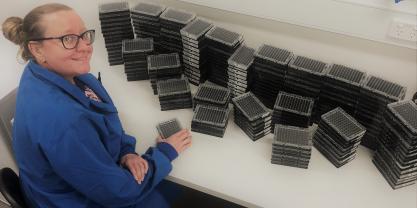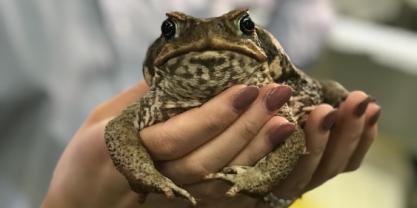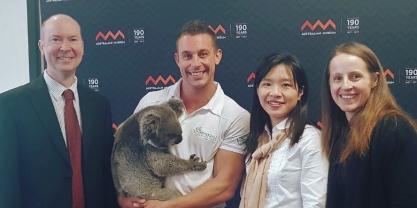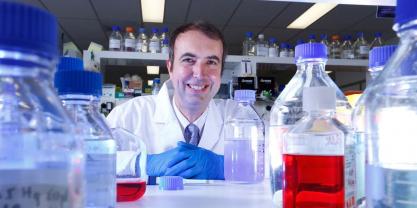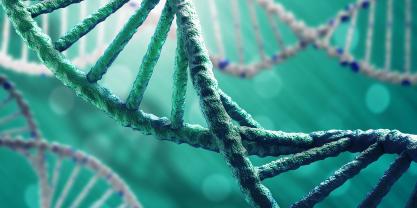News

Monday, July 1, 2024
Image source: Save The Bilby Fund
News
Thursday, August 20, 2020
The Ramaciotti Centre organises, hosts and promotes events that have a focus on genomic technologies and their application.
Wednesday, May 20, 2020
Expressions of interest are being sought for the Genomics for Australian Plants (GAP) initiative.
Wednesday, March 25, 2020
Our Deputy Director Dr Helen Speirs was invited by the UNSW Newsroom to provide a short introduction on how sequencing machines read genomes.
Friday, June 28, 2019
UNSW Sydney scientists are part of a collaboration to pioneer detailed research into genetic factors that contribute to good health or disease in the elderly.
Tuesday, April 30, 2019
The Centre was accredited to ISO/IEC 17025 by the National Association of Testing Authorities (NATA) - Australia's national laboratory accreditation authority on the 29th April 2019.
Thursday, October 25, 2018
UNSW has announced the investment of $200M in new and emerging areas of research which build on and link its existing strengths.
Thursday, September 20, 2018
A group of scientists from UNSW Sydney, the University of Sydney, Deakin University, Portugal and Brazil have unlocked the DNA of the cane toad, a poisonous amphibian that is a threat to many native Australian species. The findings were published in academic journal GigaScience.
Monday, July 2, 2018
Centre staff were among a team of Australian and international scientists who sequenced and assembled the full genome of the koala.
Tuesday, April 3, 2018
In a landmark study that could lead to new therapies for sickle cell anaemia, UNSW Sydney-led scientists have used CRISPR gene editing to introduce beneficial natural mutations into blood cells.
Thursday, February 15, 2018
Genomics is one of the fastest moving areas of science in the world – and one that enables remarkable advances in the quality of human life.
Wednesday, July 26, 2017
Professor O’Kane cut the ribbon to the facility, housed within the new $165 million Biosciences Building on UNSW’s Kensington campus.
Wednesday, May 3, 2017
Collaboration and infrastructure key in improving survival rates from Melanoma.

